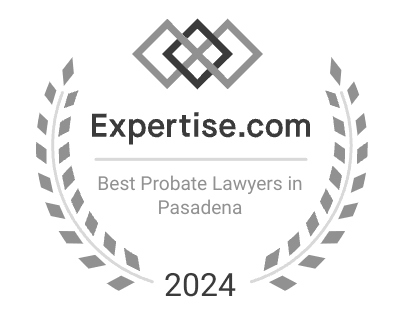Estate planning is an essential and rewarding process for individuals and families who engage in it. Estate planning is for every husband, wife, mother, father, grandparent, business owner, professional, or anyone else who has someone they care about, are concerned about providing responsibly for their own well being and for the well being of those they love, and for anyone who seeks to make a difference in the lives of others after they’re gone.
When done properly, estate planning requires that a highly trained attorney lead you through one or more in-depth meetings to discover your hopes, concerns, and expectations for yourself and for those who are most important to you. This process almost always requires the preparation of several important legal documents, but those documents themselves are not ‘estate planning.’ Planning is a process, represented by a complete strategy that is properly documented and maintained by a professional who has taken the time to get to know you, and who is committed to continuing to serve you.
Being Prepared for Incapacity
Your estate planning should thoroughly address disability planning. When a person becomes disabled, he or she is often unable to make personal and/or financial decisions. If you cannot make these decisions, someone must have the legal authority to do so for you. Otherwise, your family must apply to the court for appointment of a conservator for either your person or your property, or both. At a minimum, you need broad powers of attorney that will allow your designated agents to handle your property and financial affairs if you become disabled, as well as the appointment of a decision-maker for health care decisions. Alternatively, a fully funded revocable trust can ensure that you and your property will be cared for as you desire, pursuant to the highest fiduciary duty under the law of your selected a trustee.
Avoiding Probate
At Slater Cosme, PC, we believe that a properly drafted trust-based estate plan will allow you to avoid the time and expenses associated with probate while providing you with the following benefits:
- Control of your property while you are alive.
- Care of you and your loved ones in the event of disability.
- Transfer of your property to your heirs when and how you want while maintaining privacy.
- Ensure that you and your spouse or partner have sufficient assets to maintain your standard of living now and in retirement.
- Maintain maximum control and flexibility during your lifetime.
- Provide for you in the event you become disabled.
- Simplify administration as much as possible upon your death or disability by avoiding probate & conservator.
- Avoid having your private matters being made public.
- Ensure that the efforts you desire are used to save your life.
- Have your property continue to benefit the survivor after one of you dies.
- If married, protect your assets so that they cannot be lost as a result of remarriage after the death of one of you.
- Ensure that the persons you select become the guardians of your minor children.
- Protect your children’s or grandchildren’s inheritance from mismanagement.
- Structure your children’s or grandchildren’s inheritance in such a way that it instills values and virtues.
- Provide funds to educate your children and grandchildren.
- Reduce the risk of litigation from heirs who receive less than they think they are entitled to.
- Minimize income taxes to the extent possible.
- Avoid or minimize capital gain tax on the sale of assets.
- Eliminate as much estate tax as possible.






